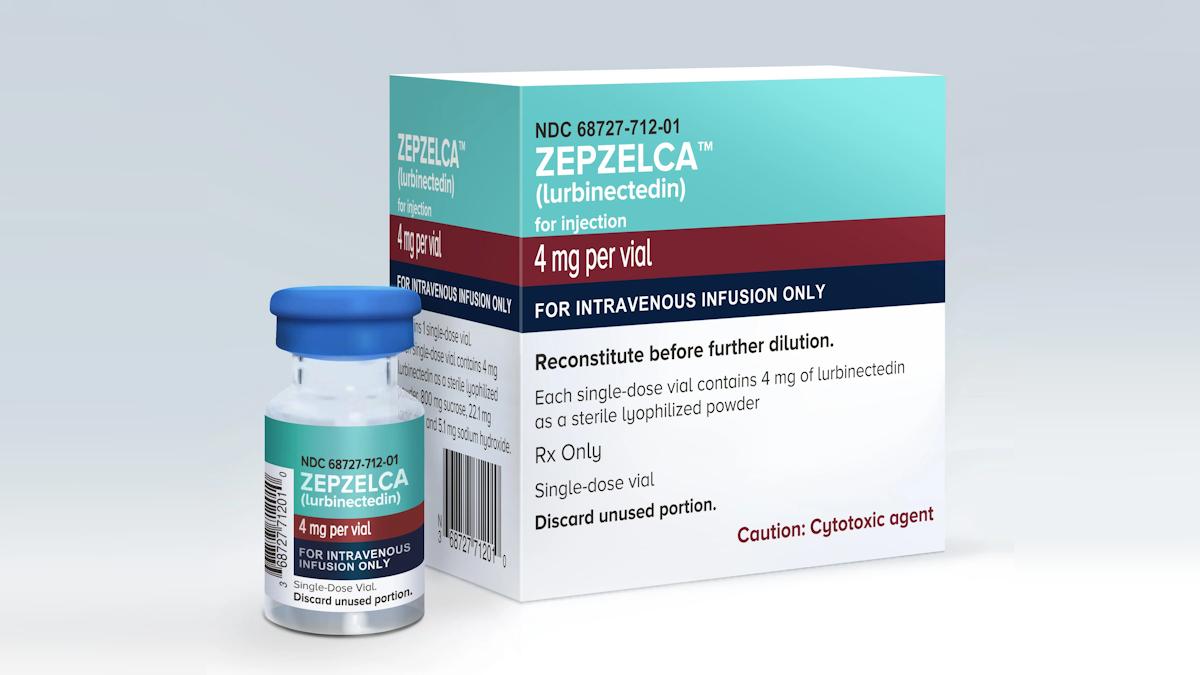Roche's Tecentriq gains new US lung cancer indication

Roche’s Tecentriq (atezolizumab) cancer immunotherapy has gained a new indication in the US, after the FDA granted it a licence in a difficult to treat form of lung cancer in combination with chemotherapy.
The regulator granted the new indication as a treatment for adults with extensive-stage small cell lung cancer (ES-SCLC) in combination with carboplatin and etoposide in previously untreated patients.
Approval is based on results from the phase 3 Impower133 study, showing Tecentriq in combination with chemotherapy helped people live significantly longer compared with chemotherapy.
Overall survival in a trial arm treated with the Tecentriq combination was 12.3 months, compared with 10.3 months in patients treated with chemotherapy alone.
Roche's drug also significantly reduced risk of disease worsening or death – progression-free survival was 5.2 months in the Tecentriq group, compared with 4.3 months in the chemotherapy group.
Safety for the combination appeared consistent with the safety profile of Tecentriq.
[caption id="attachment_30156" align="alignnone" width="150"] Roche's Sandra Horning[/caption]
Roche's Sandra Horning[/caption]
Sandra Horning, Roche’s chief medical officer and head of global product development, said: “Tecentriq is the first cancer immunotherapy approved for the initial treatment of extensive-stage small cell lung cancer, which is especially difficult to treat.
“Until now, there have been limited treatment advances for this disease, and we are excited to bring a potential new standard of care to patients that has been shown to improve survival compared to chemotherapy.”
Tecentriq is also approved in the US in combination with Avastin (bevacizumab), paclitaxel and carboplatin chemotherapy, for the first-line treatment of adults with metastatic non-squamous NSCLC with no EGFR or ALK genomic tumour aberrations.
It is also approved by the FDA in adults with metastatic NSCLC who have disease progression during or following platinum-containing chemotherapy.
Sales of Tecentriq were around $772 million last year, an increase on the figure from 2017, but well behind the kind of sales generated by Merck & Co’s rival immunotherapy Keytruda (pembrolizumab), which is still the dominant force in the lucrative first-line lung cancer market generating sales last year of almost $7.2 billion, an increase of 88% year-on-year.
Tecentriq has a subtly different mechanism of action, targeting the PD-L1 ligand instead of the PD-1 receptor like Keytruda – but Merck’s drug has been a more consistent performer across a range of cancer indications and serving up fewer shock failures in important trials than its immunotherapy rivals.













